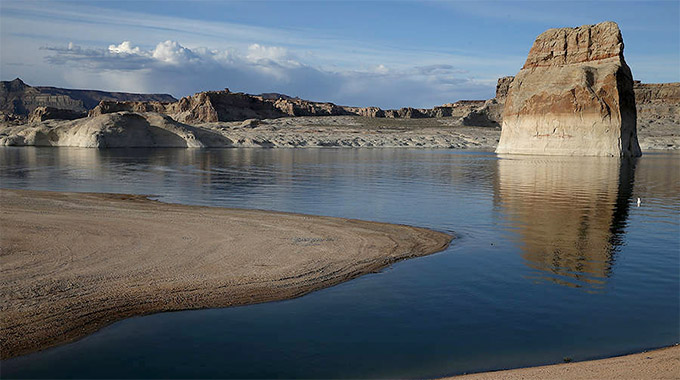
by Rebecca Page and Lisa Dilling
Climatic Change, doi: 10.1007/s10584-020-02712-7 (2020)
Abstract: As water systems are likely to experience mounting challenges managing for climate variability and extremes as well as a changing climate, there is increasing interest in what motivates systems to implement adaptive measures. While extreme events have been hypothesized to stimulate organization change and act as “windows of opportunity” and “pacemakers” driving toward adaptation, they do not always seem to do so. We therefore sought to understand the responses and motivations for organizational behavior in the wake of two significant droughts across five smaller water systems in Western Colorado, USA. We conducted interviews and focus groups across these systems to understand whether and why significant droughts in 2002 and 2012 prompted adaptive change. Results indicate that systems did not uniformly decide to change their policies in the wake of drought, and even well-prepared systems were driven to change policies by other pressures, such as peer-system pressure and political pressure from residents. We find that organizational world views were important mediators of how the experience of drought manifest, or not, in organizational changes. These findings have implications for assumptions about what might drive organizational learning and change among water managers for climate adaptation in the future. Read more …

